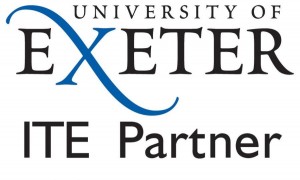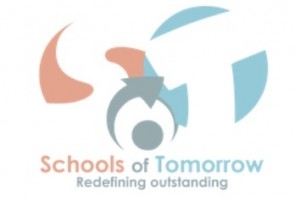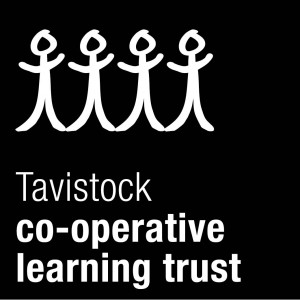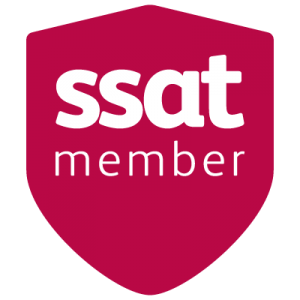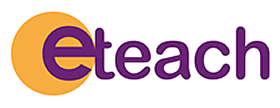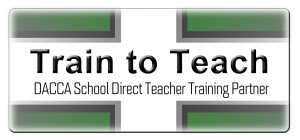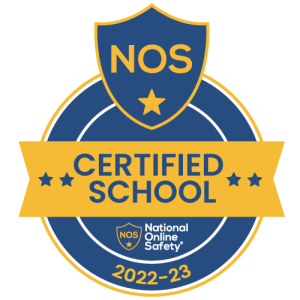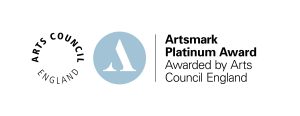In sorting out my office last week to give Tristan more room, I came across a feedback summary from a conference I ran for the Schools Co-operative Society some 10 years ago. Here are some of the comments from participants:
“I feel transformed by the cooperative network we formed”
“The passion of all the contributions has inspired me to make better use of the cooperative values”
“Now I feel our school is ‘here’, not ‘out there’”
“I lost my separate identity and felt being part of the very large energy of people”
“I feel that I have come back to life—like a second chance”
“I imbibed the philosophy of cooperation, and am better for it”
I could have written each of these statements myself today. They describe my feelings after successfully reconnecting ourselves within the family of cooperative schools and Trusts across the country. It has been an absolute delight to meet with like-minded colleagues who are inspired by the cooperative movement and understand its transformative effect in education. It is what cooperation can do to all of us if we fully embrace its possibilities and challenges.
A misconception often perpetuated by those who really do not understand, is that cooperation is inextricably linked to low standards and ‘woolly’ thinking. This often makes my blood pressure rise, because nothing could be further from the truth. Cooperation is sharp, requires effort and is values driven. Committing to live up to these values requires the highest of standards with a recognition that we work for the benefit of all. Cooperation laces us with liberty: the values allow us to be better versions of ourselves and free us from the constraints of oppressive, neoliberal assumptions about schools and schooling. However, embracing the values comes with an expectation of participation, not mere compliance. It is up to each one of us to decide whether we wish to be part of a powerful collective cooperative conscience or not. And just like when we choose what to eat, who to keep company with, and whether to turn right or left when we leave our home everyday, choosing to say yes to this is a decision that can only be realised when you take action to make that choice a reality.
In our staff rooms we have many competent colleagues who do a damned good job and who have accepted the professional obligation to improve their practice through cooperative processes. But there are times when momentum can be lost. Occasionally in our lives it seems our bodies are running on empty. We are not sick, nor are we necessarily pushing ourselves to the limit. Rather, the energy we typically enjoy has mysteriously dissipated, leaving only fatigue. Many people grow accustomed to feeling this way because they do not feel as included as they should be. We have put great effort into ensuring that those we serve are included and understand diversity. I do not believe we do enough to ensure those that serve feel that same degree of inclusion. Both Wendy and Nick are starting to undertake focussed research into improving this situation. We need to do better.
This acceptance that we are always trying to improve our culture is important. Dr Sam Sims, research advisor at the Teacher Development Trust suggests that it is a culture of improvement that plays a major part in developing and retaining great staff. He explains that one aspect of school culture that gets a lot of attention in the education press is workload. This is not surprising given that teachers in England work around one day per week longer than the OECD average. But he has identified a puzzle. Some research finds that workload is related to job satisfaction, stress and retention. While other research does not. A leading theory of workplace motivation and burnout suggest that the type of workload really matters. Hours spent on tasks seen as a distraction from teaching and learning (‘job demands’) have a negative effect. Hours spent on tasks that help teachers improve (‘job resources’) have a positive impact. Consistent with findings from qualitative research, marking, planning and admin all show a clear negative association with work-related stress and wellbeing. If anything, marking comes out worst.
What about tasks that might be considered ‘job resources’? The research shows the relationship is flipped entirely. Holding other workload constant, extra hours spent on professional development or collaborative working are associated with an improvement in work-related stress and wellbeing. This research will direct some decision making around pedagogy and methods to further transform our professional development model. Phil will provide some guidance on this over the next few weeks. We will be looking at replacing ‘bad work’ with ‘good work’.
The ideas I have written about above will be the focus for the next staff voice meeting. Working together is so much better than working apart and provides us with joy and energy in our work. It is one of the many things that make me proud of Tavistock College.





